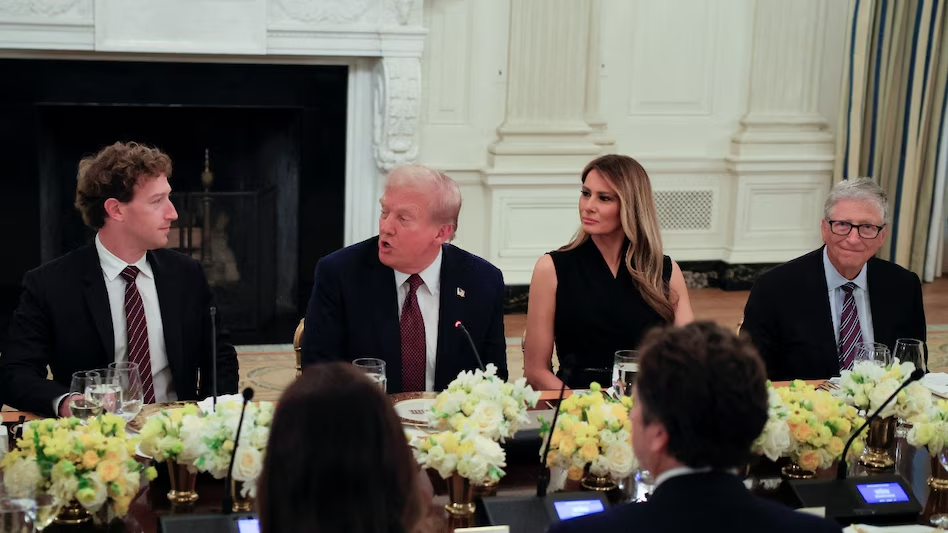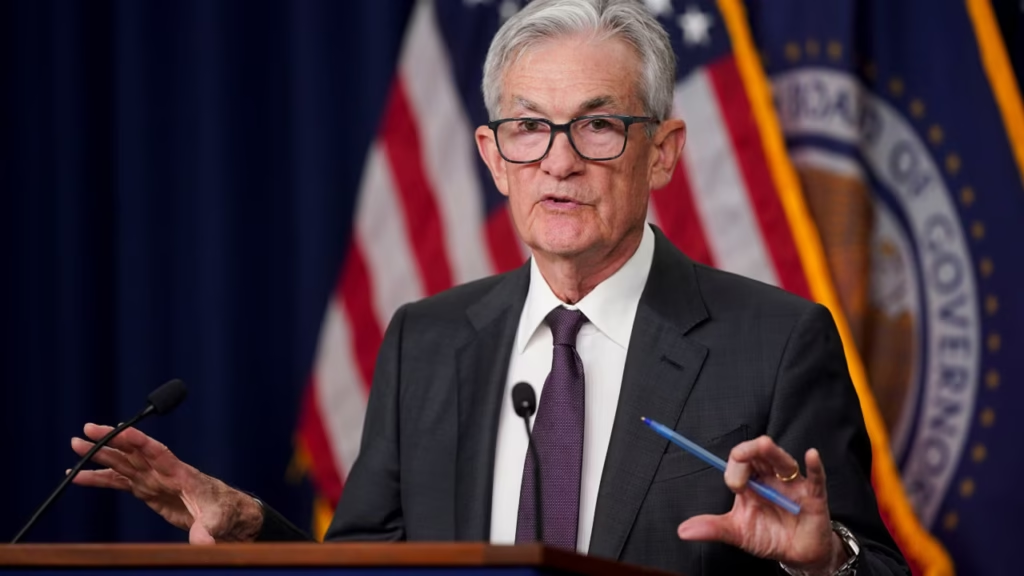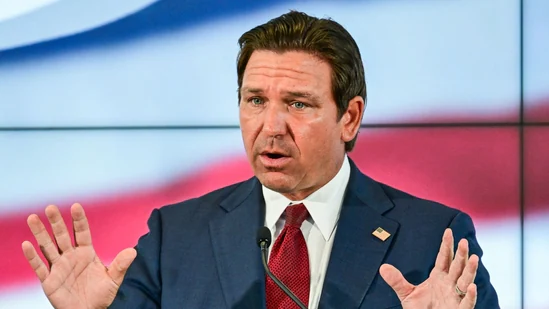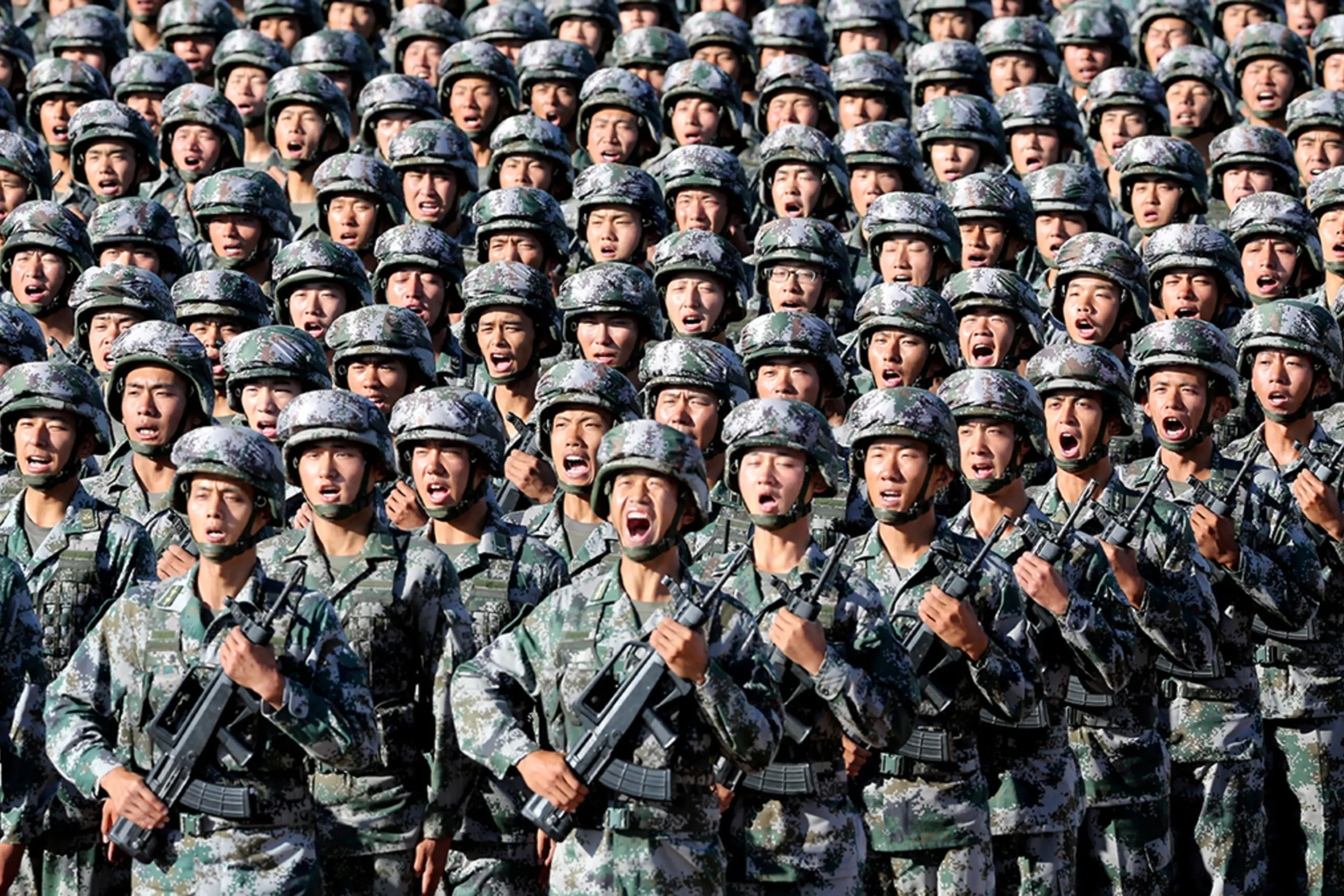Now Reading: Donald Trump Hosts US Tech Leaders at White House Dinner, Elon Musk Absent
-
01
Donald Trump Hosts US Tech Leaders at White House Dinner, Elon Musk Absent
Donald Trump Hosts US Tech Leaders at White House Dinner, Elon Musk Absent

Former US President Donald Trump recently hosted a high-profile dinner at the White House with top technology leaders, including Apple’s Tim Cook and Google’s Sundar Pichai. The meeting brought together some of the biggest names in the industry to discuss policy, innovation, and the future of American tech leadership. Notably, Elon Musk was absent from the gathering, sparking curiosity about his strained ties with Trump.
The dinner focused on how technology can drive economic growth, create jobs, and strengthen America’s global position in fields like artificial intelligence, semiconductors, and cybersecurity. Trump emphasized the role of private companies in pushing innovation, while leaders shared concerns about regulations, competition, and global supply chains.
Elon Musk’s absence was seen as significant, given his influence across multiple sectors including space exploration, electric vehicles, and AI. His disagreements with Trump on policy matters have been public in the past, and his decision to skip the meeting highlighted ongoing friction between the two.
For India, especially in Tier 2 cities that are becoming major hubs for IT services and startups, such meetings carry indirect importance. US tech policies influence outsourcing opportunities, investment flows, and collaborations that Indian companies rely on. Cities like Pune, Indore, and Nagpur are directly linked to this ecosystem, with local talent working on projects for global giants.
While the dinner underscored the power and influence of technology in shaping economies, it also reflected the complex relationships between political leaders and business icons. For countries like India, the outcome of such discussions often trickles down to new opportunities and challenges in the digital economy.

























